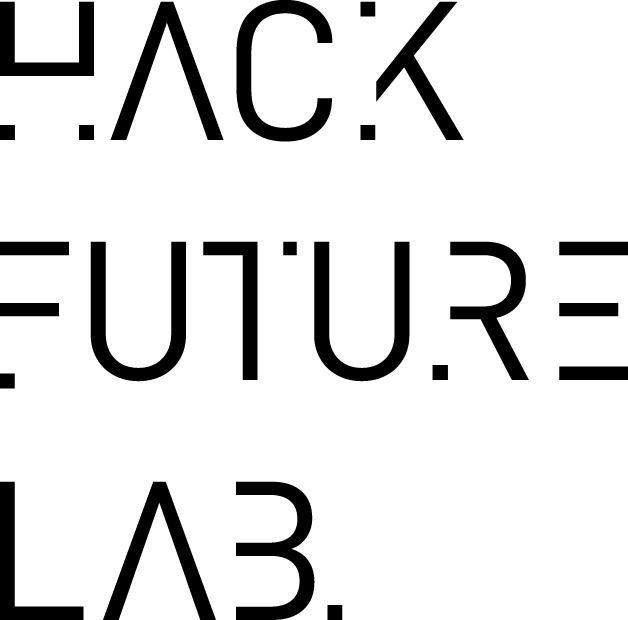Pax Robotica: From circuit board to circuit judge
Robots to replace judges by 2070
Robot judges that can determine if a person is lying in court with “99.9 per cent accuracy” by spotting ‘guilty’ body language invisible to the human eye will become commonplace in the English legal system within just 50 years, one of the world’s leading artificial intelligence (AI) experts predicts.
The machines will be capable of detecting imperceptible physical and psychological signs of dishonesty thanks to a supercomputer with the equivalent processing power of 100,000 PCs.
An array of cameras and sensors will search for behaviour “indicative of wrongdoing or probable falsehoods” such as irregular speech patterns, unusually high increases in body temperature, and ‘nervous’ eye and hand movement. The data will then be analysed using AI to build up an almost “error-free” and unbiased picture of whether a defendant or witness was telling the truth.
It is not yet clear if the robots would take the form of a computer screen or a lifelike automaton – or if they would don a wig and gown.
But they will replace the majority of human judges and become a common feature of most criminal and civil hearings in England and Wales by the early 2070s, according to a two-year study by Terence Mauri, a global authority on AI and ‘globotics’ - the displacement of white-collar workers through disruptive technology. Mauri, who runs the London-based policy institute Hack Future Lab, said AI in the courtroom carries “great promise” for the legal industry – and for those wrongly accused of crimes.
Speaking at the launch of his new book ‘The 3D Leader: Take Your Leadership To The Next Dimension’, published by Financial Times Publishing this week, he said: “AI has created unprecedented changes in the way that people live and work by performing complex problems with a level of consistency and speed that is unmatched by human intelligence.
“In a legal setting, AI will usher in a new, fairer form of digital justice whereby human emotion, bias and error will become a thing of the past. Hearings will be quicker and the innocent will be far less likely to be convicted of a crime they did not commit.” Mauri, whose partners include the Massachusetts Institute of Technology (MIT multinational banks Capital One and HSBC, and the Assassin's Creed video game maker UbiSoft, spent 18 months researching the likely progression of globotics on the future of several sectors, including the legal system where AI is already prevalent.
In China, AI judges have been dealing with online trade disputes, copyright cases and e-commerce product liability claims since 2017. The mobile court in the city of Hangzhou has already handled more than three million legal cases.
In Estonia, meanwhile, AI judges will soon be used to clear court backlogs by adjudicating in small claims of up to £7,000. Two opposing parties will upload documents to support their claims. AI tech will then analyse these submissions and issue a decision. If either party is dissatisfied with the outcome, they can appeal the decision to a human judge.
Based on the results of his research, Mauri predicts that the UK’s most senior judges will survive ‘globotification’ because they will be needed to set legally binding precedents, create new laws, and oversee appeals. Barristers and solicitor advocates – lawyers who speak in court – will also remain because they deal almost exclusively in cases involving juries.
But most other legal roles - including solicitors, chartered legal executives, paralegals, legal secretaries, and court clerks - will become automated within half a century. AI will also replace judges in most criminal and civil hearings in the magistrates, county, and family courts where a jury is not required. They will be capable of examining witnesses directly and passing judgements and sentences almost instantly based on the information they receive.
According to Mauri’s modelling, they will be polite, speak every known language fluently, and be able to detect the otherwise unnoticeable signs when a witness might be lying.
And, unlike their human predecessors, they will never need a break – meaning that courtrooms will operate around the clock in some of the biggest cities. As of July 2020, the entire backlog across magistrates’ and Crown courts amounted to 560,000 cases.
Closing courts to save money, and the need to socially distance due to coronavirus, have been major factors behind this. Virtual courts run by AI, however, would remove the need for social distancing. AI judges could also process cases instantly if provided with written submissions in advance. Mauri says: “AI is far more accurate, faster and cheaper than humans. AI algorithms can already predict outcomes with 70 per cent accuracy, and there’s no reason not to expect this to increase to nearly 100 per cent – or almost error free - in the coming decades.”
